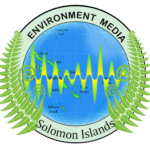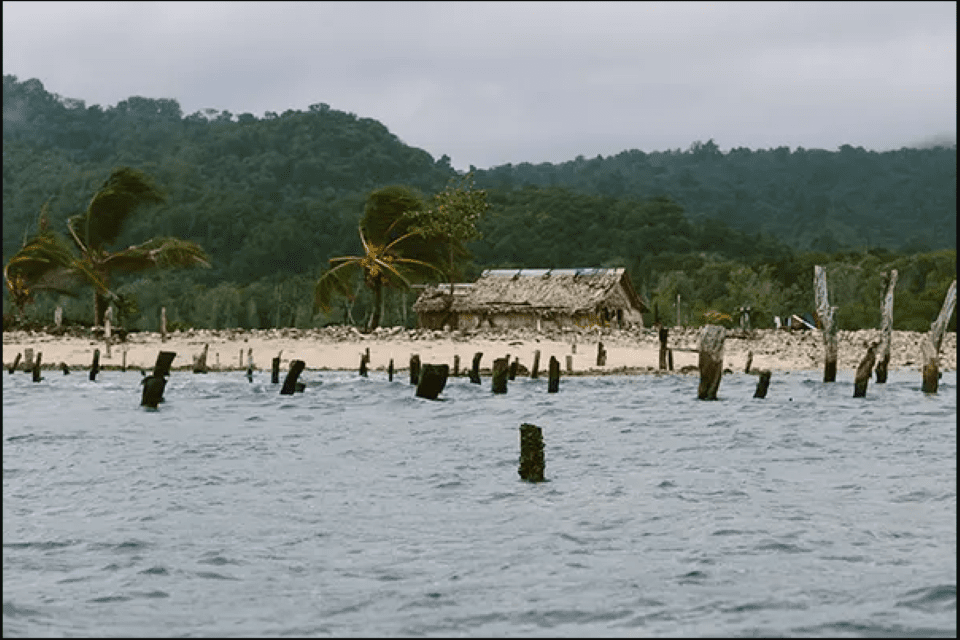The Restless Seas of Walande Community
Many of the coastal communities in the Solomon Islands are facing the threat of coastal erosion. Walande Community, in the Southern region of Malaita province, is a classic example of a community that battles against coastal erosion.
To mitigate against this threat, the Walande Communities Association received funding support from the GEF Small Grants programme to implement the Walande Village Community Climate Change Adaptation project by constructing a 268 meters of seawall.
Richard Qa’ai, Chairman of the Walande Climate Change Committee recalls that “the original Walande settlement in 1937 on the two islands have now disappeared with only the posts can be seen today”. He further noted, “we are indeed vulnerable to coastline erosion hazards, and already we are victims of climate change”.
Walande Community was established in 1937 on two islands outside the current settlement on the east coast of Small Malaita. Over 72 years from 1937 to 2009, the island community faced four different natural hazards that negatively impacted them which resulted in the community building stone walls to prevent the sinking of islands.
However, in 2009 the increased impacts of climate change severely affected the islands with almost 85 percent of the islands destroyed by the waves, making them uninhabitable.
As a result, the community decided to relocate to the mainland to be safer from what the community described as the ‘restless seas’.
Project Coordinator for the association, Mr. Joseph Wane shares his concerns about climate change “with the construction of the seawall, it will protect our community against coastal erosion, but the biggest question is, for how long?”.
The GEF Small Grants Programme (SGP) is a corporate programme of the Global Environment Facility (GEF) implemented by the United Nations Development Programme (UNDP) since 1992.
SGP projects support biodiversity conservation, climate change mitigation and adaptation, prevention of land degradation, protection of international waters, and reduction of the impact of chemicals, within a sustainable development framework that promotes sustainable livelihoods and citizen empowerment.
Article by Teiba Mamu

